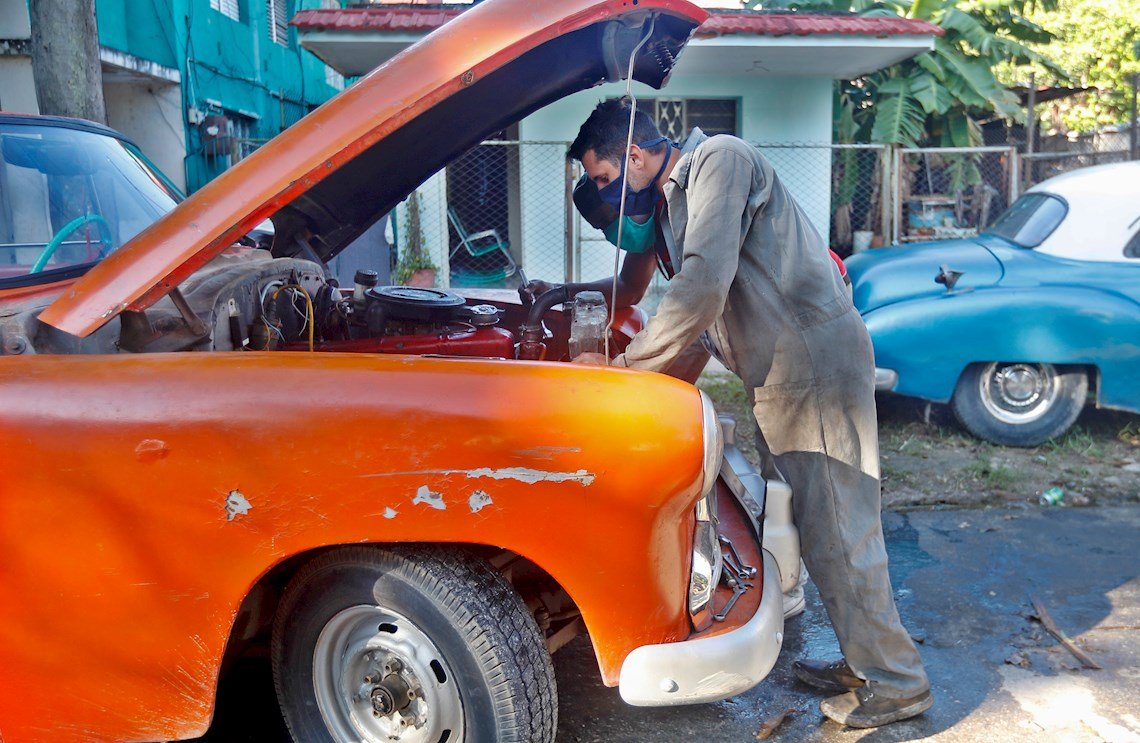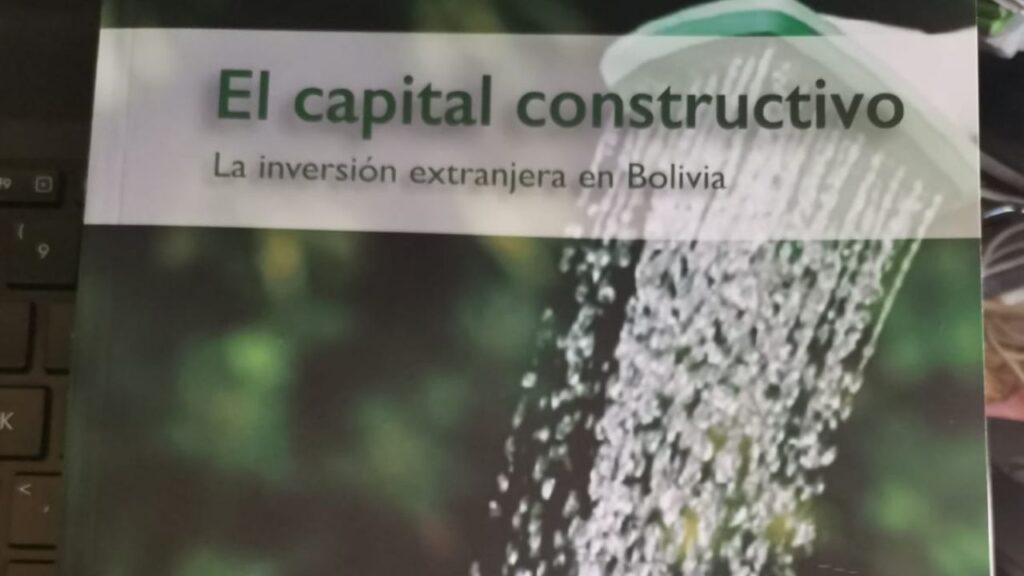The Cuban Ministry of Economy and Planning (Mep) approved this Friday 108 new micro, small and medium enterprises (MSMEs) private, as well as a non-agricultural cooperative.
Through its Twitter account, the agency reported that with the new decisions, the number of new actors in the Cuban economy now rose to 2,865, since the government began this process in September 2021 as part of the strategy to update the prevailing economic model in the country for more than six decades.
The Ministry of Economy and Planning (MEP) today approved 109 requests from economic actors, of which 108 are private MSMEs and one is a non-agricultural cooperative.
— Ministry of Economy and Planning of Cuba (@MEP_CUBA) April 8, 2022
According to what was disclosed, of the MSMEs that have received the green light to operate so far, 2,770 are private, 51 state-owned, while cooperatives reached 44.
So far, 56% of the total are reconversions of pre-existing businesses, while 44% corresponds to new ventures.
Accurate the MEP that 106 are part of local development projects, 35 have previously carried out export operations and 11 were created in the Science and Technology Park of Havana. As a whole, they could generate 46,320 new jobs, according to calculations made by the governing body of the Cuban economy.
The Cuban government decided to lift the veto on private property in the midst of a profound crisis, aggravated in recent years by the coronavirus pandemic. COVID-19 and the economic and financial blockade/embargo imposed by the United States.
The step came a decade after the Communist Party of Cuba (PCC) began to handle the possibility of assuming new forms of management in an extremely centralized economy.
On the Caribbean island, these companies can be state-owned, private or mixed and are recognized as economic units with legal personality with their own characteristics. For now, they share the national economic scene with the socialist state company —the main one for the government—, non-agricultural cooperatives and self-employment (autonomous).
The legislation allows them to have one or more partners, to be constituted as commercial companies and to be classified depending on the number of employed persons as: micro-enterprise, whose range of employed persons is from one to 10 persons; small business, from 11 to 35; and medium-sized company, from 36 to 100 people.
The authorizations to create Mypimes and cooperatives include activities related to accommodation, beauty services and industrial buildings and facilities, food production, exporters, local development projects, manufacturing, information technology, logistics and transportation activities, among others.
However, there is no possibility of access to strategic spheres for the State such as health, telecommunications, energy, defense or the press.
Experts consider that the arrival of MSMEs on the Cuban economic scene is an advance towards a mixed model, but not the complete solution to the profound problems it faces. They also consider that state management will continue to predominate in a scenario marked by shortcomings and limitations.

















